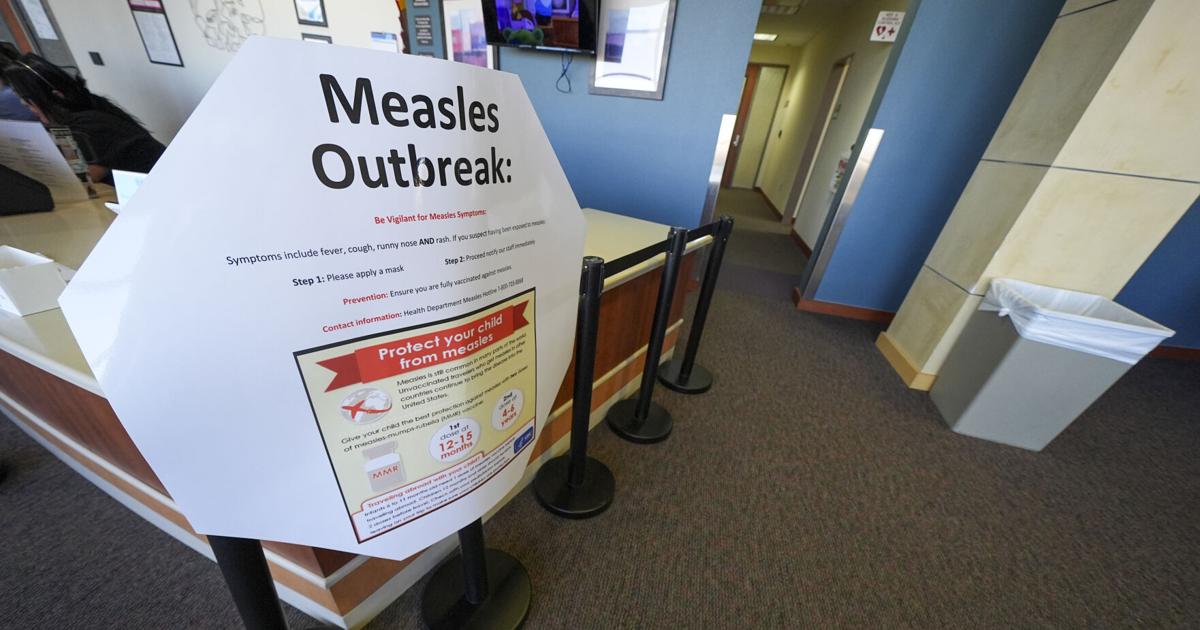
A Greenville County child is the latest confirmed measles case in South Carolina, pushing the state’s total to 11 and marking the third case announced this week, the Department of Public Health said Oct. 9.
It is not yet clear if the case is connected to an outbreak at two elementary schools in Spartanburg County, where seven people have been infected, and provides more evidence the highly contagious virus is circulating in the community, said Dr. Linda Bell, the state epidemiologist.
“We just started our investigation of this case and at this time, we don’t have any information if there is any common source of exposure with the Greenville case to the known cases,” Bell said.
All the cases identified so far are in unvaccinated people. Bell declined to say whether all of the cases are in children or if there are also adults infected.
More than 150 students at Global Academy and Fairforest Elementary, the two outbreak schools in Spartanburg, have been sent home and into quarantine because they are also unvaccinated and had close contact with an infected person, Bell said. The students are supposed to be quarantined during the potential incubation period of 21 days and Bell said they’re relying on their families to keep them quarantined at home to prevent additional community spread.
“Compliance is very important with supporting our prevention of ongoing spread in the community,” she said..
Each measles case can infect up to 18-20 additional people and about 90 percent of unvaccinated people with close contact to a case can be expected to become infected themselves.
“The worst case scenario is that, of those who have been identified as exposed, that about 90 percent of them could become infected,” Bell said.
The recommended two doses of the measles, mumps and rubella vaccine can confer 97 percent or greater protection against the virus and getting vaccinated within 72 hours of exposure can still prevent the disease from taking hold, Bell said.
Public health has sent an alert to all school nurses and all health care providers about the outbreak, the signs and symptoms of potential infections, and how to access testing. The department is planning to send in mobile units to help with vaccinations and is urging those not yet protected to get the shots, which will be provided regardless of the ability to pay.
The Upstate had been a focus of concern earlier in the year during measles outbreaks in other states because the area has traditionally lagged behind others in South Carolina in terms of vaccination. The measles vaccination rate in the Upstate is 90 percent, which is lower than the 95 percent rate the department considers sufficient for herd immunity. Getting vaccinated also helps protect those who cannot get vaccinated, such as pregnant women and the immunocompromised.